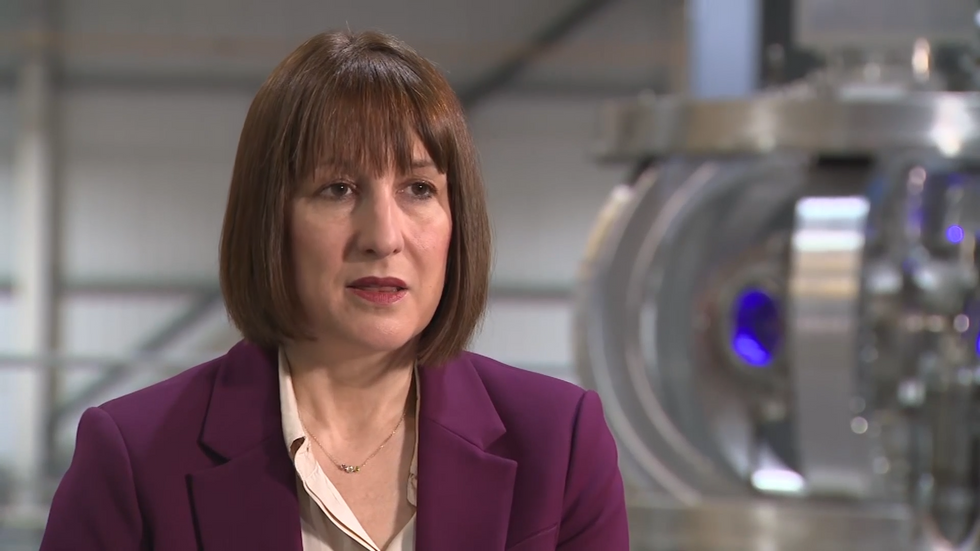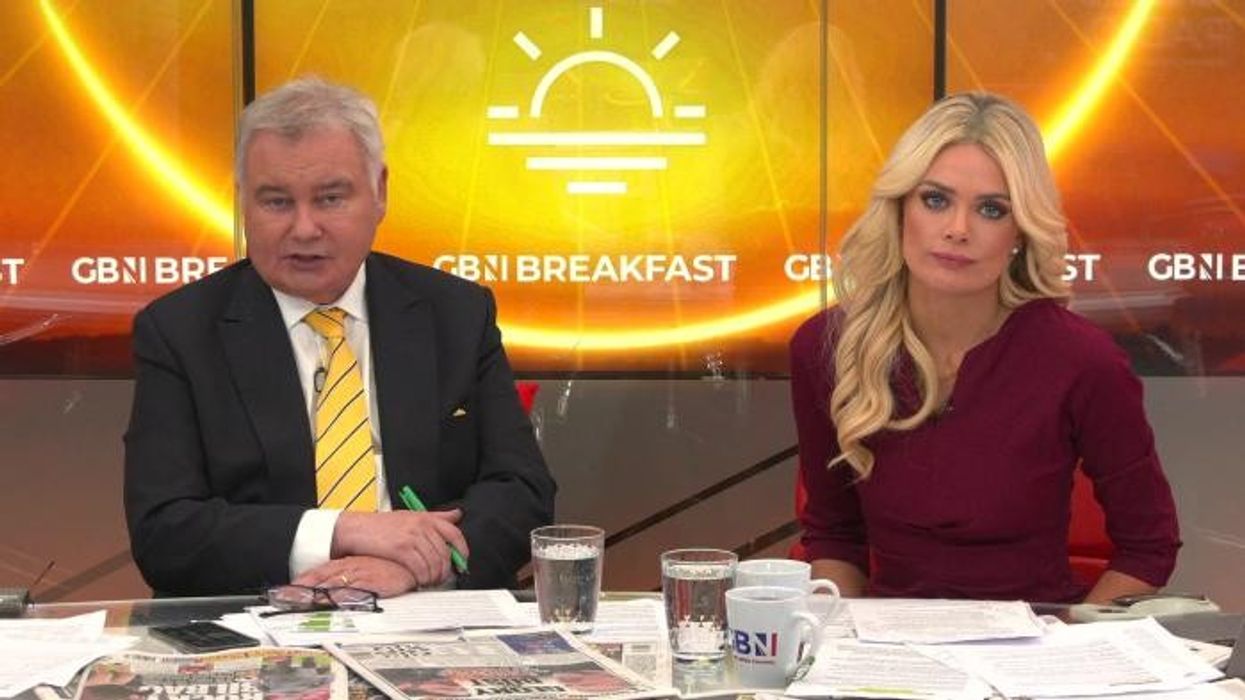UK inflation CPI rate for April revealed to be INCORRECT due to 'error', ONS admits

The ONS initially reported the CPI inflation rate for April 2025 came to 3.5 per cent
Don't Miss
Most Read
UK inflation figures for the 12 months to April 2025 were incorrect due to a significant error made by the Office for National Statistics (ONS), the Government body has admitted.
The ONS has revised April's consumer price index (CPI) figure downwards from 3.5 per cent to 3.4 per cent after discovering a mistake in the month's Vehicle Excise Duty data.
This mistake stemmed from incorrect VED information supplied by the Department for Transport, which the ONS uses to calculate consumer prices inflation with the flawed data overstated the number of vehicles subject to first-year registration tax rates.
Deutsche Bank's chief UK economist Sanjary Raja, who previously forecast April's CPI rate would increase to 3.4 per cent, said: "A lot of clients have lost a lot of money,."

The ONS has admitted to reporting the wrong CPI inflation rate for April
|GETTY
If it had not been for the ONS's error, Raja's projection for the UK economy would have been accurate.
This revision has prompted sharp criticism from Conservative shadow chancellor Sir Mel Stride, who described the situation as "thoroughly reprehensible".
The ONS confirmed it would implement correctly weighted data from May 2025 onwards, ensuring no future statistics would be affected by this particular error.
This VED data issue adds to mounting concerns about the reliability of official statistics. In March 2025, the ONS had already paused publication of its producer price inflation data after discovering calculation problems dating back to December 2008.
Do you have a money story you’d like to share? Get in touch by emailing money@gbnews.uk.

Chancellor Rachel Reeves
| GB NewsThese producer price figures, which track factory gate prices, showed their most significant impact during 2022 and 2023.
Stride expanded his criticism beyond the inflation revision, highlighting particular concerns about the labour market survey's ongoing inaccuracies.
"I don't think that's acceptable actually, and I'm surprised it has been allowed to persist for as long as it has," he told an event at the Royal Society of Arts in London.
The survey's problems stem from declining response rates, casting doubt on unemployment and inactivity figures.
Asked about Stride's comments, a spokesperson for the ONS said: "We are working hard to address pressing issues and will publish a plan shortly to outline the restoration of our key statistical outputs."
The producer price data issues could affect GDP estimates, with the ONS warning of potential revisions to services, production and construction figures, particularly for 2022 and 2023.
LATEST DEVELOPMENTS:

The Bank of England has kept interest rates high due to stubborn inflation
| GETTYBeyond these specific errors, the ONS faces broader challenges including problems with trade figures and the labour market survey's reliability issues affecting unemployment, inactivity and productivity measurements.
Tony Travers, a professor at the London School of Economics, warned: "The trouble for the ONS is that this is part of a developing pattern of weakness which further undermines confidence. Given data and analytical advances in recent decades, this kind of failure is all the more problematic."
In a statement, the ONS said: “This error is isolated to one component dataset that is used to calculate the VED index. However, the ONS is reviewing its quality assurance processes for external data sources in light of this issue.”
“The ONS apologises for any inconvenience caused,” it added.
More From GB News











